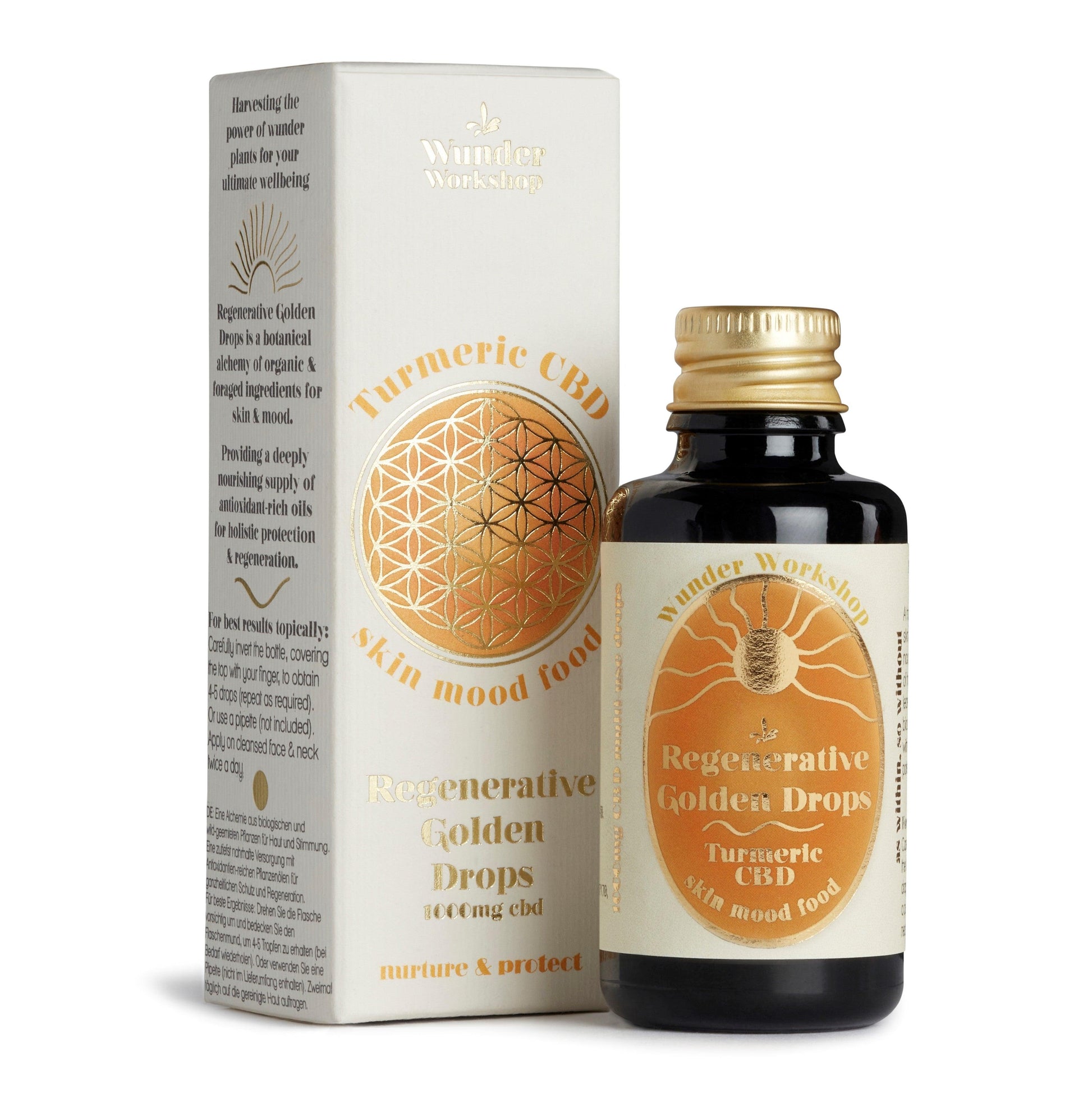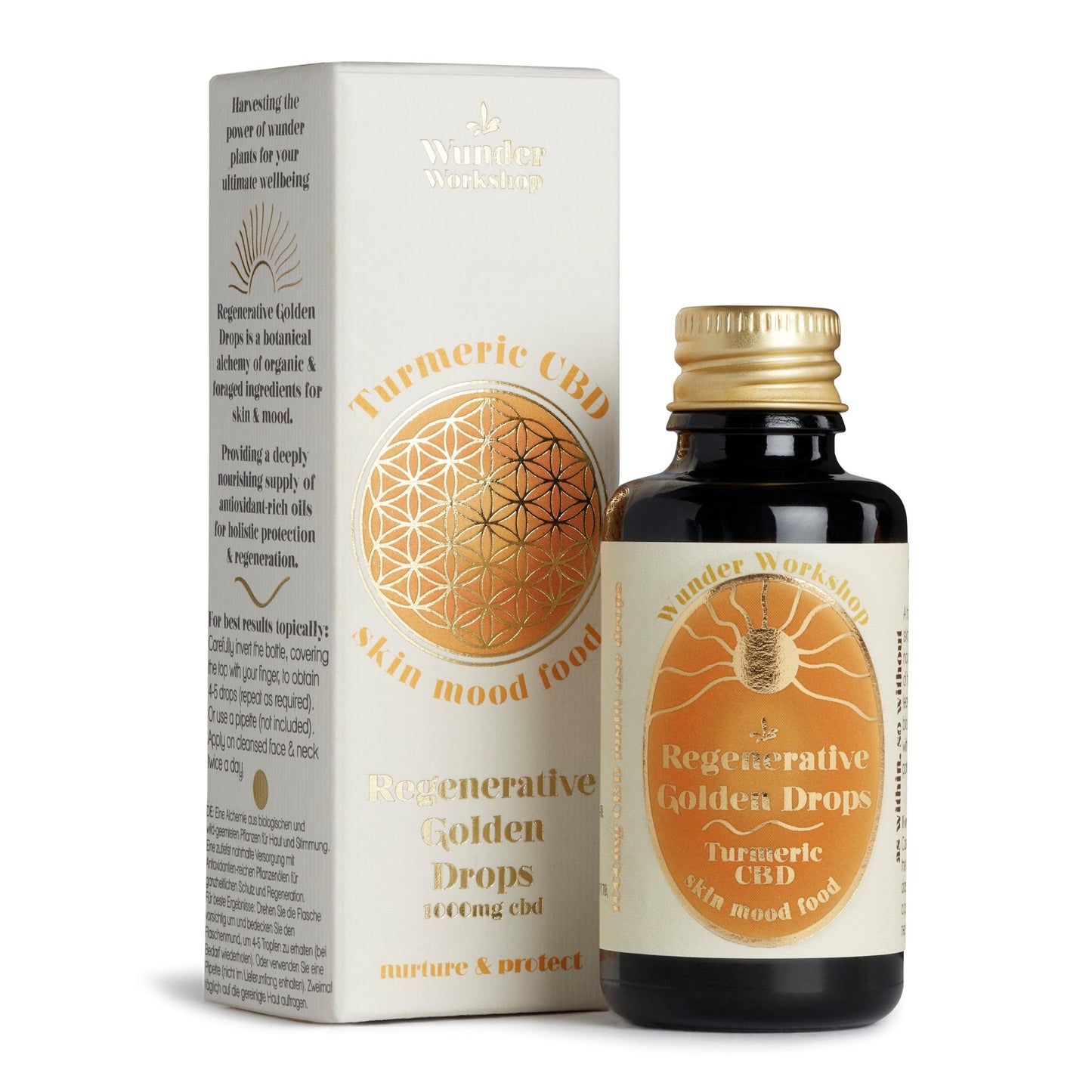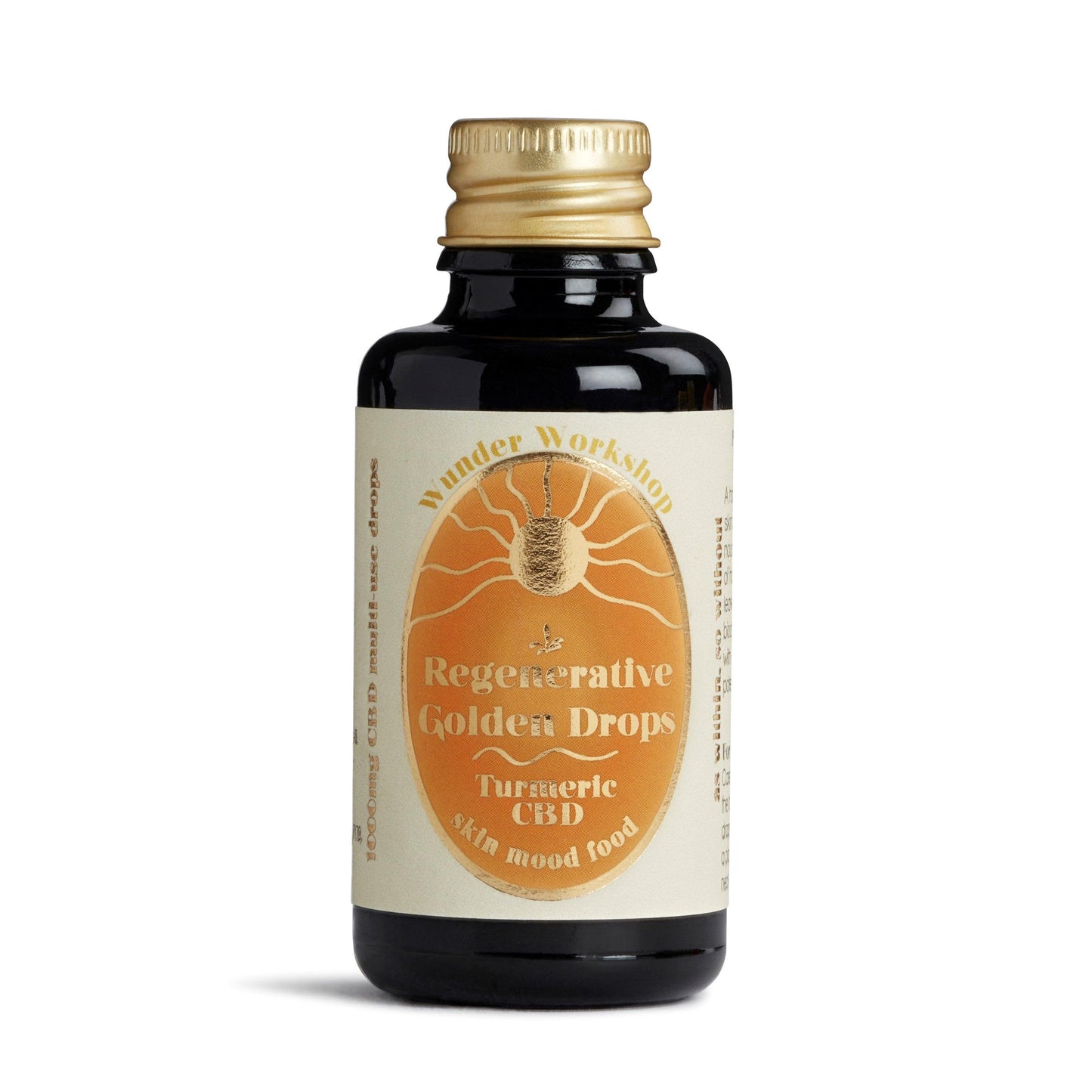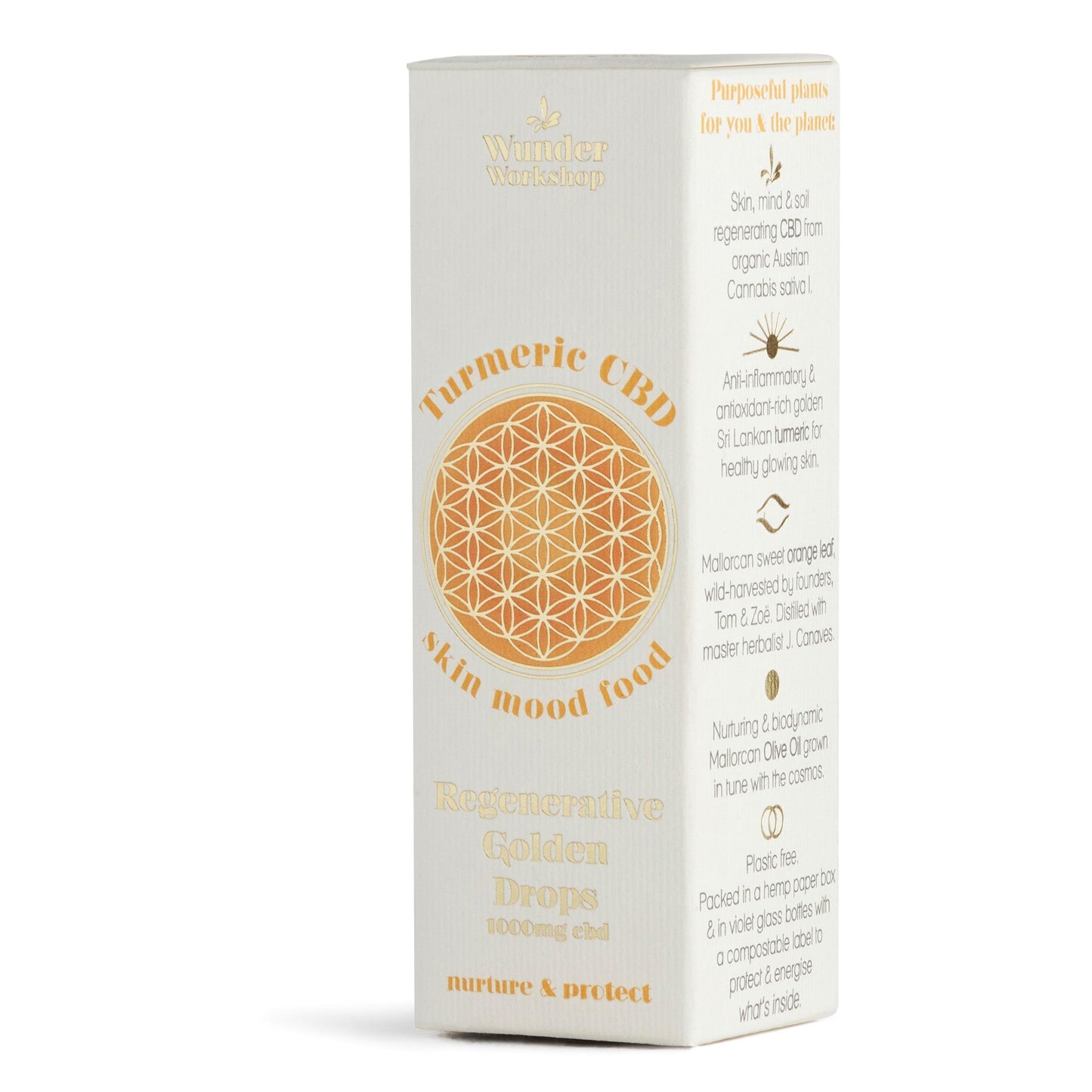There are few herbs that are more highly regarded in Ayurveda than Ashwagandha (Withania somnifera). The roots of this shrub-like bush, native to drier regions of India, Sri Lanka and parts of Africa are considered a “Rasayana”, the Sanskrit for “path of essence”, and used to describe plants that prolong life. In Ayurveda, this adaptogenic plant is claimed to have regenerative qualities and is considered a treatment for nervous exhaustion, memory-related conditions, insomnia, tiredness and potency issues [1].
Adaptogens help our bodies to adapt to the effects of hormone instability. Their action appears to increase our resistance to physical, chemical and biological stress in a non-specific manner. Whilst Ashwagandha’s mechanisms of action are not fully understood, there is increasing research to demonstrate its benefits towards common wellbeing concerns.

Ashwagandha is noticeable in its ability to stabilise our hormone levels, where its primary areas of action are at the adrenal and thyroid glands. These are hugely important producers of hormones that regulate many vital processes in our body, including our reproductive system and metabolic function. Ashwagandha’s effects have been shown to help reduce chronic stress [2] [3], inflammation [3], neurological oxidative stress [4], improve fertility [5] and also to have strong antioxidant properties [6].
Key to Ashwagandha’s action is its ability to lower cortisol, which may explain improved sexual function and its ability to reduce chronic stress [8]. What’s often referred to as our “fight or flight” hormone, cortisol, prepares our bodies for action. However, no longer are we running from predators to necessitate this level of response, instead, we feel this intense stress from work deadlines, social media and due to a lack of quality sleep. Chronic stress issues arise from permanently being on ‘alert’ and can manifest in a wide range of illnesses, including digestive issues and feeling permanently tired. So, it is important to be aware of and address chronic stress as early as possible.
The plant’s multi-faceted actions also help to boost our sex drive and numerous studies have focused on Ashwagandha’s ability to improve our sexual health. Improvements have been noticed for both men and women, with a notable increase in sperm count as well as improved sex drive [6][8].
When to take Ashwagandha
I typically use Ashwagandha twice a day, in the morning and in the evening. Its functionality is not limited by when it is taken so it is versatile. I start the morning with hot water and ½ teaspoon of Golden Balance, before catching up on emails. I like to take this time to think about the day ahead and I find this particularly useful on busier days to bring a moment of peace before it all kicks off.
In the evening, I often indulge in a simple and calming hot chocolate using the Superior Ashwagandha. Here’s my recipe:
- ½ teaspoon of Superior Ashwagandha
- 1 tablespoon raw cacao
- 1 drop of vanilla extract
- 1/2 teaspoon of cardamom
- Sweeten to taste with coconut blossom sugar
- 1 cup of oat milk
References
|
[1] |
J. R. A Mandal, "A REVIEW ON POTENTIAL THERAPEUTIC USES OF WITHANIA SOMNIFERA," World Journal of Pharmaceutical Research, vol. 6, no. 7, pp. 846-860, 2017. |
|
[2] |
M. A. Bhattacharya S., "Adaptogenic activity of Withania somnifera: an experimental study using a rat model of chronic stress," Pharmacol Biochem Behav, vol. 75, pp. 547-555, 2003. |
|
[3] |
M. Lakshmi-Chandra, B. S. Betsy and D. Simon, "Scientific Basis for the Therapeutic Use of Withania somnifera (Ashwagandha): A Review," Alternative Medicine Review, vol. 5, no. 4, pp. 334-346, 2000. |
|
[4] |
D. Sharanbasappa, B. D. Shivsharan, V. Ravichandra, S. S. Badamaranahalli and S. C. Chabbanahalli, "Withania somnifera (Ashwagandha) in neurobehavioural disorders induced by brain oxidative stress in rodents: a systematic review and meta‐analysis," Journal of Pharmacy and Pharmacology, vol. 67, no. 7, pp. 879-899, 2015. |
|
[5] |
R. N. D. Azgomi, A. Zomorrodi, H. Nazemyieh, S. M. B. Fazljou, H. S. Bazargani, F. Nejatbakhsh, A. M. Jazani and Y. Ahmadi, "Effects of Withania somnifera on Reproductive System: A Systematic Review of the Available Evidence," BioMed Research International, pp. 1-17, 2018. |
|
[6] |
R. S. P. G. M. S. P. P Parihar, "Increase in oxidative stress and mitochondrial impairment in hypothalamus of streptozotocin treated diabetic rat: Antioxidative effect of Withania somnifera," Cellular and Molecular Biology, vol. 62, no. 1, pp. 77-83, 2016. |










